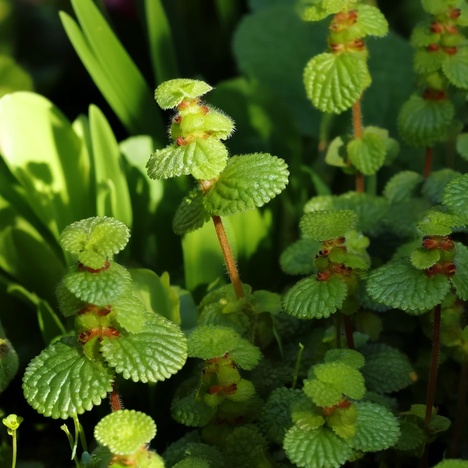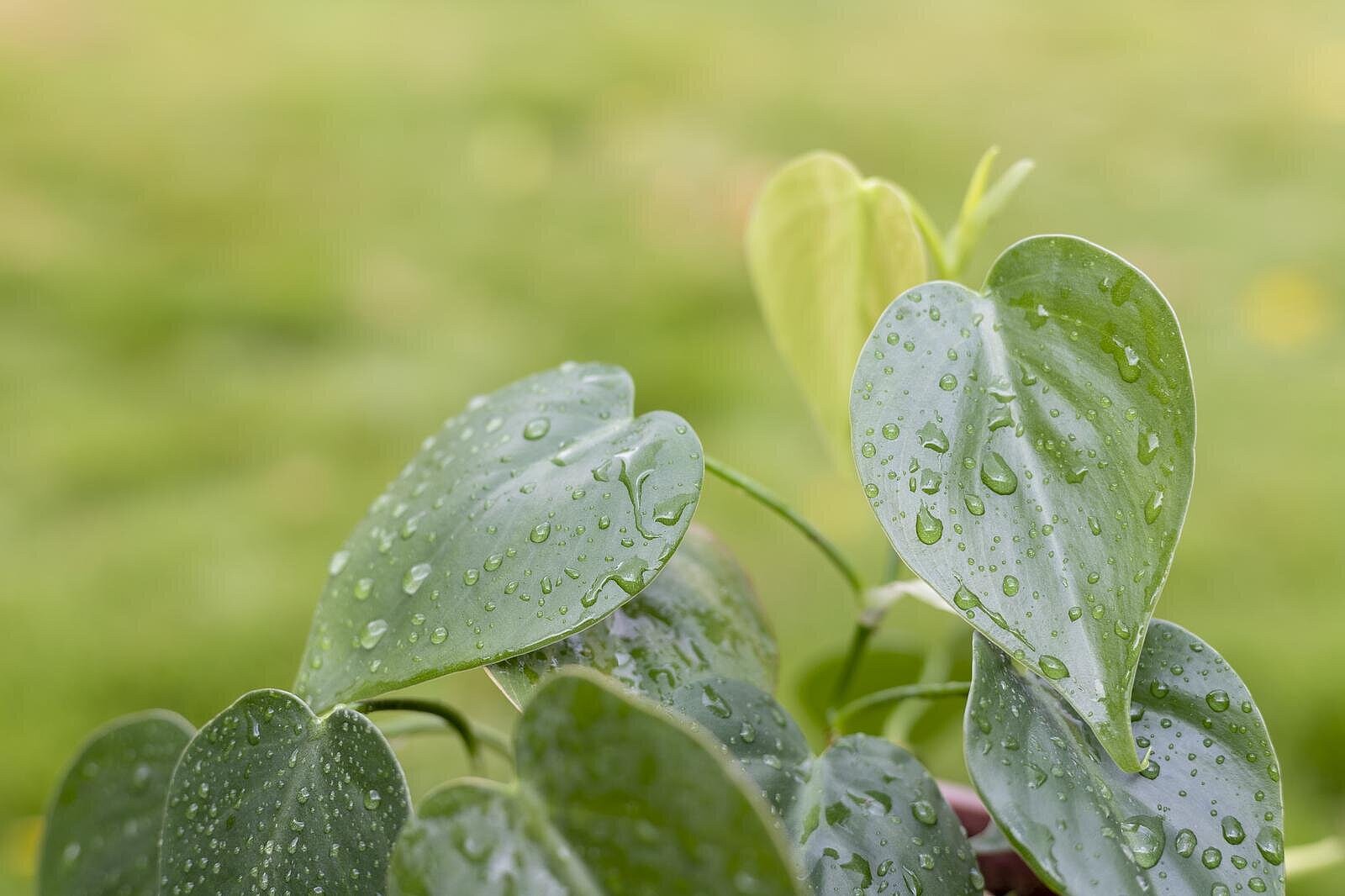Cannon flowers

What are cannon flowers?
Cannon flowers (Pilea microphylla), also known as artillery plants, are small, fast-growing plants known for their unique ability to propel pollen into the air with a visible "bang", similar to a miniature cannon. These plants belong to the Urticaceae family and are common in tropical and subtropical regions. With their delicate green leaves and compact growth habit, they are popular ornamental plants in gardens and homes.
Potential benefits of cannon flowers near dogs
Air purification
Like many houseplants, cannon flowers can help improve air quality by absorbing pollutants. A cleaner air environment benefits not only people, but also their pets.
Aesthetic value
Gunflowers provide visual appeal and can enhance the well-being of people and their pets by creating a pleasant living environment.
Risks and disadvantages of cannon flowers for dogs
Toxicity
Although gunflowers are not known to be highly toxic to dogs, they can cause gastrointestinal distress if consumed in large quantities. Symptoms of mild poisoning may include vomiting, diarrhea and loss of appetite.
Allergic reactions
Some dogs may be sensitive to plants or their pollen. The pollen explosion of the cannon flower could trigger allergic reactions in sensitive animals.
Risk of injury
Although the unusual pollen release of the cannon flower is fascinating, it is also a reason for caution. Dogs investigating the plant out of curiosity may be startled by the sudden movement, which can lead to stress or, in rare cases, minor injury.
Enjoy with care
Cannon flowers are undoubtedly an interesting addition for plant lovers and offer a unique dynamic to home flora. However, as with all plants kept near pets, dog owners should exercise caution. Although the risks to dogs posed by cannon flowers appear to be low, it is advisable to place these plants out of reach of curious snouts and watch for signs of a negative reaction. By carefully landscaping your pet's environment, you can ensure that both your green pets and your four-legged friend live together safely and happily.
If you notice any signs of hypersensitivity or poisoning in your dog, you should see your vet immediately. We are not a substitute for a vet, but we try to be as accurate as possible. Every dog reacts differently and we recommend you get a second opinion or consult your vet if in doubt.
Stay healthy and take good care of your four-legged friend!😊
Similar to Cannon flowers
Moss ferns, known by the scientific name Selaginella, are not true ferns but belong to a separate class of plants called Lycopodiophyta. They are characterized by their moss-like appearance and are...
Peperomias belong to the pepper family (Piperaceae) and include over 1,000 species. These versatile plants are known for their decorative leaves, which appear in various shades of green, sometimes...
Ivy (Epipremnum aureum) is a tropical climbing plant from the arum family. It has shiny, heart-shaped leaves that are spotted green, yellow or white, depending on the variety. It can grow up to 15...
Zamioculcas zamiifolia, colloquially known as the ZZ plant, is a tropical evergreen plant originally from the dry grassland and forest regions of Africa. It is characterized by its glossy, waxy...



